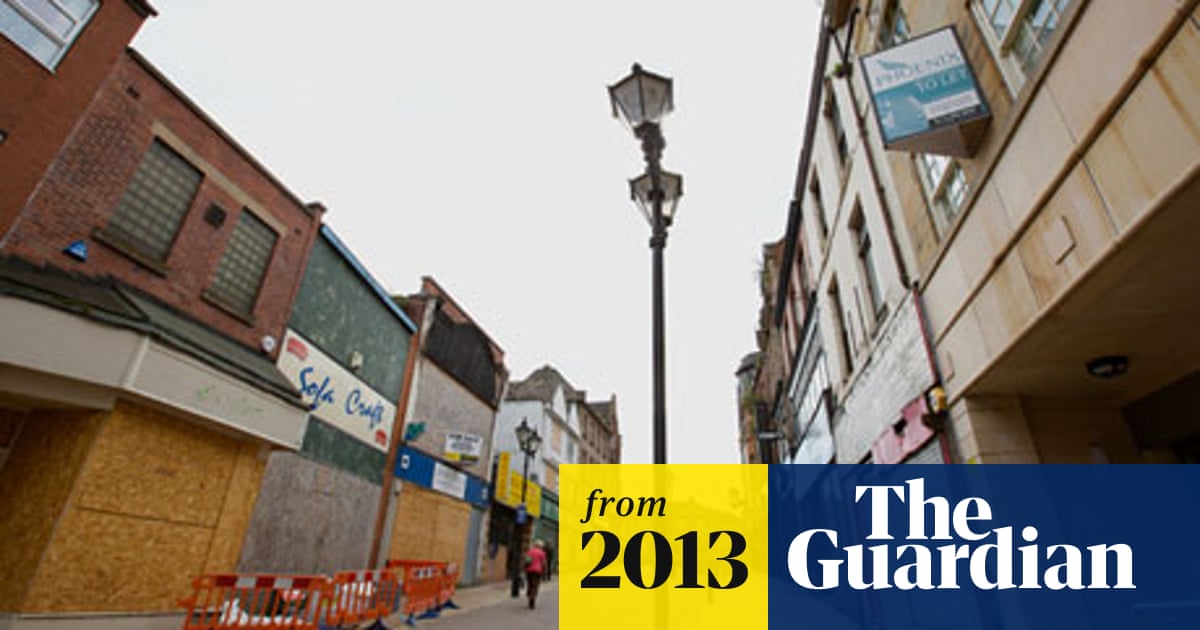Originally posted by eri
View Post
Announcement
Collapse
No announcement yet.
Councils Holding the Country to Ransom
Collapse
X
-
I can't say I agree with their stance on that one.Originally posted by eri View PostThe bill would see consents for developments fast-tracked to within six months, rather than three years currently, for greenfield developments,
and three months, as opposed to one year, for brownfield developments. .
would you let labour
be your property manager or investment adviser?
But if National were your PM or investment adviser I suspect they would change the rules so they can invest your money the way they see fit. There seems to be an increase in undemocratic behaviour out of National.
Comment
-
Whatever makes you think that Wayne ?Originally posted by Wayne View PostThere seems to be an increase in undemocratic behaviour out of National.
Quick, quick....promise Peter Dunne a free ride at the next election so we can pass the spy bill.
That'll show those pesky journalists we don't have to follow the rules !
Spy scandal journalist speaks out
www.stuff.co.nz/national/politics/8987970/Spy-scandal-journalist-speaks-outIn other circumstances, I could probably find something to laugh about in revelations that the journalist who broke a story about illegal spying was snooped on by Parliament's bureaucrats.
Let alone, the irony that the reporter in question previously worked for the News of the World, the tabloid at the centre of a privacy violation scandal.
But I am that journalist and I'm mad as hell.
Anyone who has had their confidential details hacked and shared around has the right to be angry.
Comment
-
In Great Britain, empty shops are going to be allowed to be converted into residential accommodation. The government is forcing councils to allow landlords to do it:
It's very similar there to here actually. The councils are greedy, useless and inflexible and the government is having to step in and take control.Squadly dinky do!
Comment
-
I see a snag:
Based on one or two comments from Davo ( OK - maybe a few more!Central government is a poor place to make policy that affects local communities,"
said Dale Atkinson, spokesman for the Local Government Association, which stressed
it had yet to see the detail of the government's proposals. "It is local residents that
should make decisions about how their neighbourhoods look and feel. The character
and amenity of a neighbourhood should be negotiated locally. ) it's not the
) it's not the
local residents who make the decisions. It's the planners, steeped in ideology learned
at University and other cloistered towers of bureaucracy.
But maybe Russell also has another perspective?
Comment
-
This appears to be good news.
Of course the council won't be tempted to replace lost revenue from rates increases will they ?
Govt's new house affordability step
Charges for roads and sewerage to new developments are too high, say ministers, and will be lowered
www.nzherald.co.nz/nz/news/article.cfm?c_id=1&objectid=10913041The Government fired another shot in its battle to control rising house prices yesterday, announcing law changes it says will curb charges levied by local authorities on developers for providing infrastructure such as roads and sewerage to new subdivisions.
Housing Minister Nick Smith and Local Government Minister Chris Tremain said they would change the Local Government Act to rein in council development contributions.
Comment
-
Maybe some one can explain to me some of the cost.
When a new subdivision is put in someone has to pay for the sewer etc - shouldn't it be the part of the section cost?
Or are councils charging more than the cost?
Then you have the incremental cost - add 100 houses and current sewer system is OK.
Add 200 and it needs upgrading but the upgrade will cater for an additional 1000 - who pays for that?
I see this in my job in other things an felt the way to deal with it is to charge a small sum to each new house and keep the money aside for the upgrade so that when it is needed 1000 previous houses and 1000 furute houses can pay for the 2000 house upgrade.
Comment
-
That's pretty much it. Councils look at their projected growth over a 10 year period (or longer) and identify assets that will need upgrading to meet that growth. A second bridge may be needed or a water or sewer pipe may need replacing. Since infrastructural assets have a long life it would be poor management to size them only to the present needs and then have to replace them well before their useful life because they are too small to service a new development.Then you have the incremental cost - add 100 houses and current sewer system is OK.
Add 200 and it needs upgrading but the upgrade will cater for an additional 1000 - who pays for that?
But who pays for the larger pipes?
Council identifies that there is a need for more residential land on the outskirts and rezones a large Greenfields area accordingly. It extends roads, water and sewerage to the area. But there is no 'extension' needed you say because the new area is adjacent to an existing residential zone so the new residents can just 'hook on"? Only if the existing infrastructure was sized with the new area in mind and that is rarely been the case. Usually pipes have to be replaced with larger ones, and roads improved.
This cost is divided up among the number of new lots that will eventually be created (Household equivalent units) and maybe an allowance for future growth. This is then recovered by 'development contributions' as each lot is created and dwellings built. Meantime it is loan funded.
But that's not all! Councils have looked further than the immediate infrastructure and identified that the extra households will create more demand for sports fields, libraries, reserves, playgrounds, etc in a wider area and these items will need to be increased as well and so this 'growth related' component is costed and added onto the development contributions as well.. This is the area that the Government has recently stepped into saying that Councils will not be able to keep adding to the Development contributions in this way.
Two things will happen...
Firstly Councils may not be inclined to provide for growth so when a pump station needs replacing because of its age they may not build a bigger one (i.e cheapest option). This will then either prevent further intensification or stop new development in its tracks or cause huge expense for future ratepayers when they have to scrap a perfectly good pump station because its too small!
Or.
They will continue to build for growth (the sensible option) and just may existing ratepayers pay for the extra capacity that will only be needed by future ratepayers. This will obviously increase rates.
Which option do you think ratepayers will want?
Comment
-
Thanks for the explanation.
They could have 'special' rates on areas to pay for the ammentieis that those dwellings will enjoy that the rest of the city shouldn't have to pay for?
I have found that playgrounds etc seem to be provided sooner now than they were 20 years ago - maybe the current funding/ charging model does have some benefits?
Comment
-
council used to use rates from the general pool for growth infrastructure development
but that left them little discretionary spending money for their own pet projects
and without pet projects how can individual parties and mayors differentiate themselves from each other and get elected?
so the burden of infrastructure development was shifted to developers
greatly increasing the price of sections
you then get a kind of price doubling factor coming into play as the new house built on a section is usually advised to be about the same value as the land. so if land costs $400,000, new house should cost $400,000 leading to total price of $800,000
under the old system, where the council provided the infrastructure costs, the land may only cost $200,000. which would then lead to a smaller and cheaper house being advised of only $200,000. total cost $400,000.
so the end result of popular left wing councils who freely spend rates money on social programs is that those on lower incomes can no longer afford their own homes
but they have a plan for this
force developers to sell a certain % of homes at below cost, and leave it to the developer to make up the loss by over-charging those who buy the more expensive houses!
this rather transparent ploy has been an impossible sell to developers and buyers of new developments
so very few new developments are going ahead
so existing housing prices are rapidly rising
classic short-term actions leading to long-term painLast edited by eri; 16-08-2013, 09:07 PM.have you defeated them?
your demons
Comment
-
Yeah the money doesn't go into infrastructure, it goes into all sorts of stupid crap.
Seriously, I reckon I could reduce Auckland Council's expenditure by 1/3 to 1/2 without any loss of service. Easily.
But it would be impossible to do because the staff would revolt.Squadly dinky do!
Comment




Comment